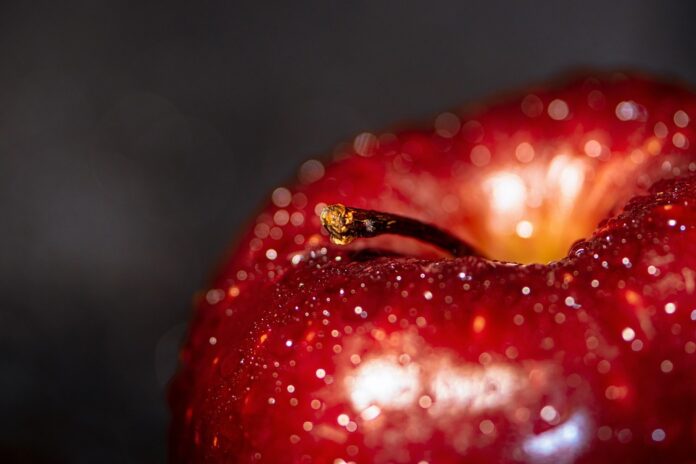Introduction
In recent years, there has been a growing trend towards sustainable packaging solutions in the food industry. One particular area of focus has been on the development of recyclable and compostable crisp bags by clean label brands. This report will explore the adoption of such packaging solutions, the companies leading the way, and the financial implications of this shift towards more eco-friendly options.
The Rise of Recyclable and Compostable Crisp Bags
Consumer Demand for Sustainable Packaging
Consumers are becoming increasingly aware of the environmental impact of single-use plastic packaging, including crisp bags. As a result, there has been a growing demand for more sustainable alternatives that can be recycled or composted. Clean label brands, which prioritize transparency and natural ingredients, have been at the forefront of this movement towards eco-friendly packaging solutions.
Technological Advances in Packaging
Advancements in packaging technology have made it possible to create crisp bags that are both recyclable and compostable. These bags are typically made from materials such as plant-based plastics, paper, or biodegradable polymers. Companies have been investing in research and development to create packaging that meets the necessary requirements for food safety while also being environmentally friendly.
Companies Leading the Way
Lay’s
Lay’s, a well-known snack brand owned by PepsiCo, has been a pioneer in the adoption of recyclable and compostable crisp bags. The company has introduced a range of snacks in packaging made from compostable materials, such as potato starch and cellulose. This move has been well-received by consumers who are looking for more sustainable options when it comes to their favorite snacks.
Kettle Brand
Kettle Brand, a popular potato chip company, has also made strides in the development of eco-friendly packaging. The company has introduced recyclable crisp bags made from a combination of paper and plastic, which can be easily recycled through existing waste management systems. This switch to more sustainable packaging has helped Kettle Brand appeal to environmentally conscious consumers.
Financial Implications
Investment in Sustainable Packaging
The shift towards recyclable and compostable crisp bags has required significant investment from clean label brands. Companies have had to retool their manufacturing processes, source new materials, and ensure that the packaging meets regulatory standards for food safety. While these upfront costs can be substantial, many brands see the long-term benefits of appealing to environmentally conscious consumers.
Market Growth for Eco-Friendly Packaging
The market for eco-friendly packaging solutions, including recyclable and compostable crisp bags, is expected to continue growing in the coming years. According to a report by Grand View Research, the global sustainable packaging market is projected to reach $393.4 billion by 2027, driven by increasing consumer awareness of environmental issues and government regulations promoting sustainability.
Conclusion
The adoption of recyclable and compostable crisp bags by clean label brands represents a significant step towards a more sustainable future for the food industry. Companies like Lay’s and Kettle Brand are leading the way in this transition, investing in innovative packaging solutions that appeal to environmentally conscious consumers. While there are financial implications associated with this shift, the long-term benefits of reducing plastic waste and appealing to a growing market of eco-conscious consumers make it a worthwhile investment for brands looking to stay ahead of the curve.




